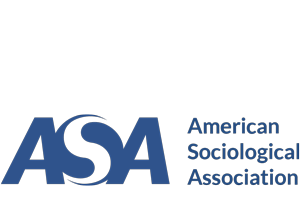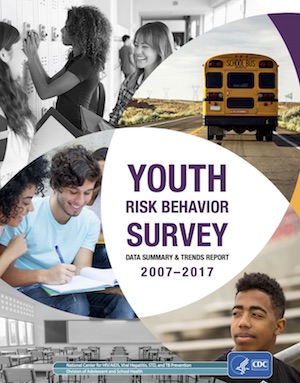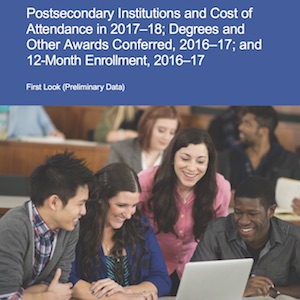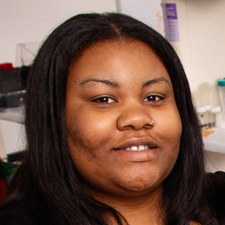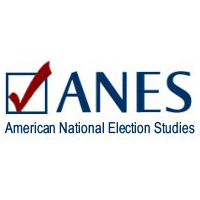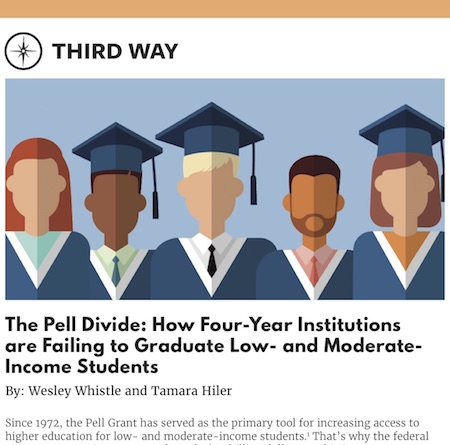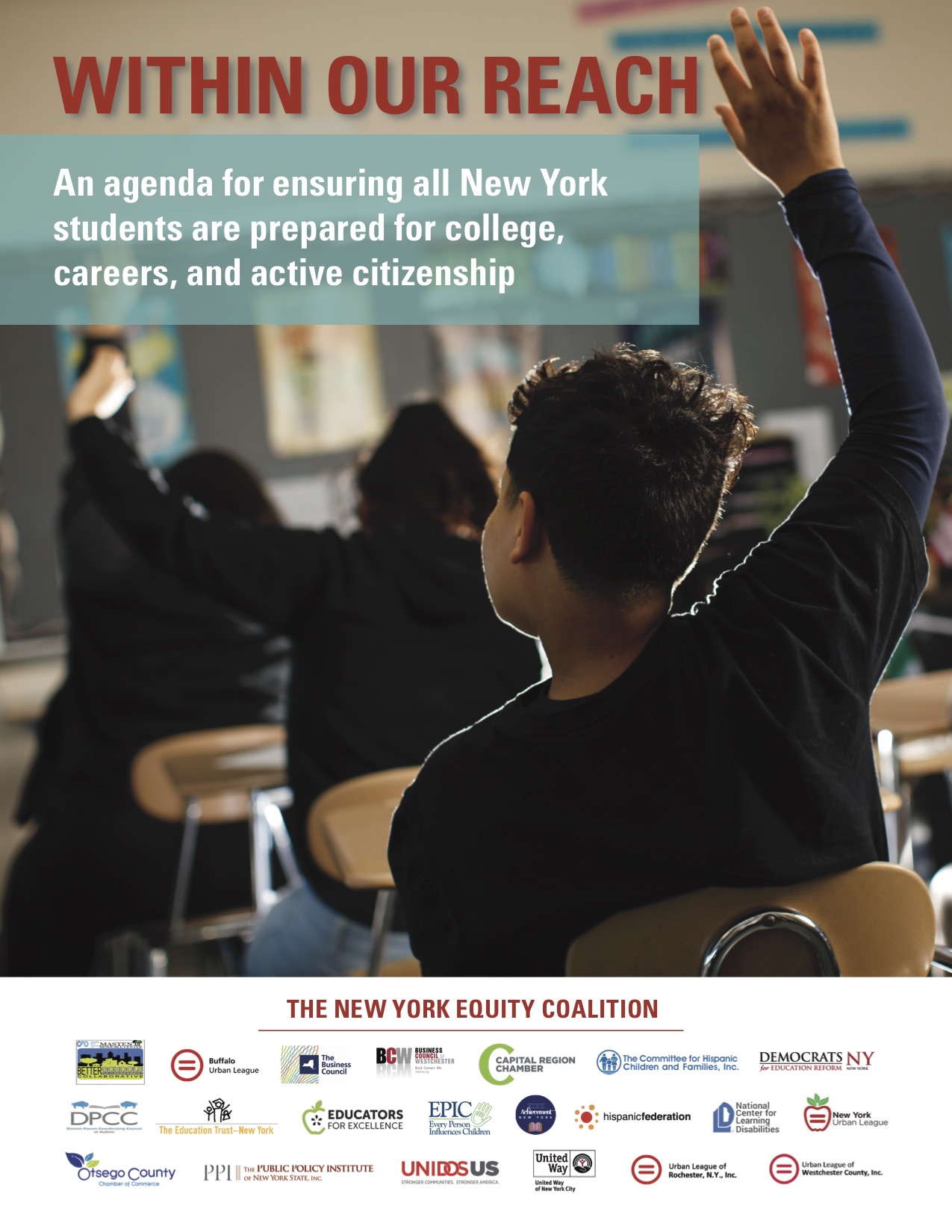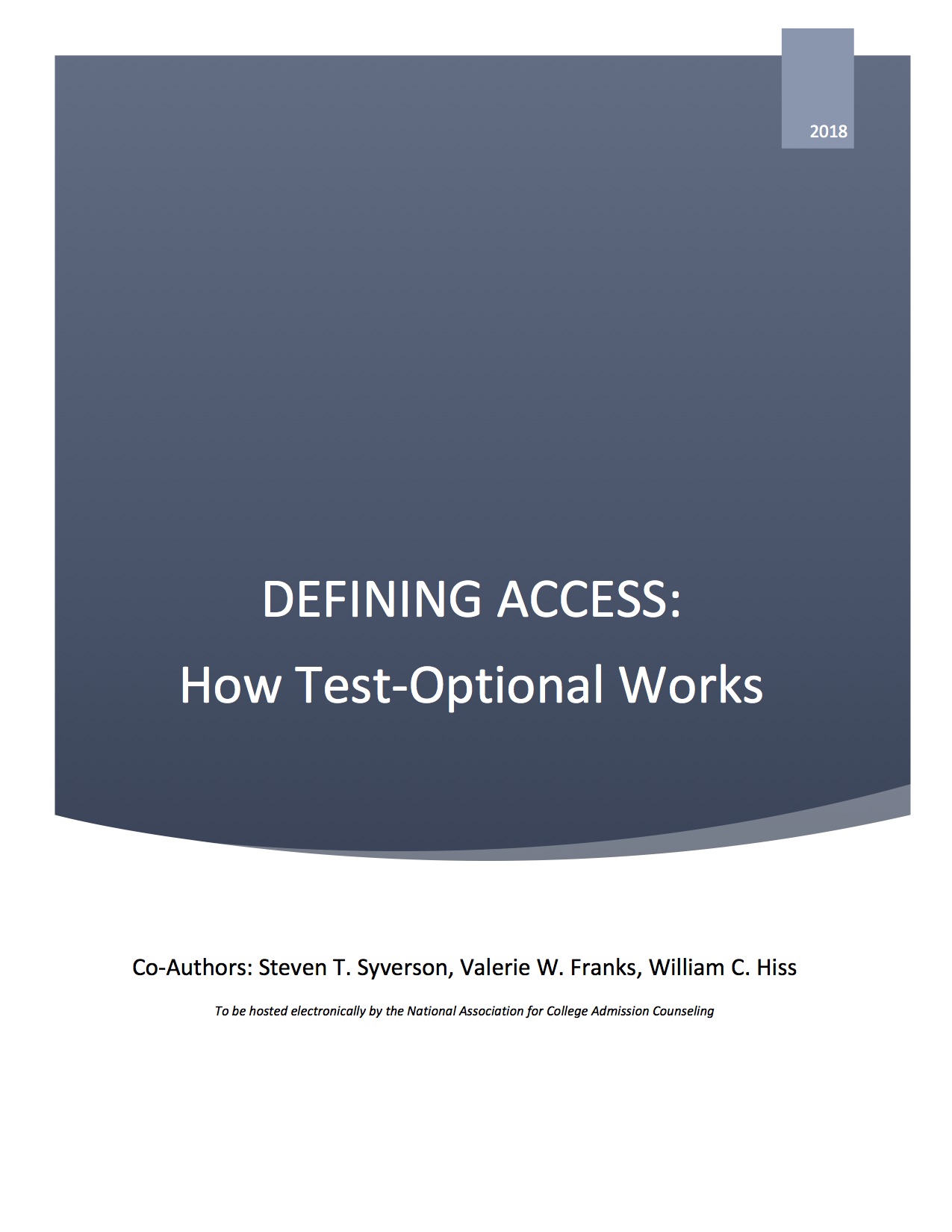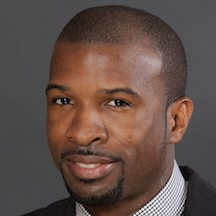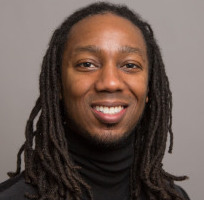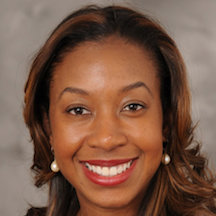Racial Differences in Risky Behaviors of High School Students
A new report from the Centers for Disease Control and Prevention examines current rates and historical trends of youths' experiences regarding risky behaviors. This data can be useful to college student affairs personnel as they plan programs to address risky behaviors on campus.
Why Do Black Men Have Among the Poorest Health of Any Group in America?
A new report from the Working Group on Health Disparities in Boys and Men of the American Psychological Association finds that racial health disparities can be explained in part by systemic oppression and discrimination targeting these men.
Study Finds That Blacks Become Disabled From Chronic Conditions Faster Than Whites
The study investigated whether the risk of becoming functionally limited – the condition of becoming unable to perform simple, physical tasks – is more accelerated in African-Americans compared to Whites.
The Education Trust Examines African American Degree Attainments by State
Just over 40 percent of Black adults in New Mexico have earned a higher education degree, the highest rate in the nation. The state with the lowest level of degree attainment for African American adults is Louisiana.
New Report Shows HBCUs Are Preparing Their Students for Success in Life After College
A new report from the American Council on Education finds that some 20 percent of graduates of HBCUs moved from the lowest two income quintiles to the top two income quintiles. This is more than double the rate of non-minority serving institutions.
University of Southern California Study Examines Diversity of Film Critics
The data shows that 64 percent of all movie critics are White men and 18 percent are White women. Fourteen percent of critics were men from underrepresented groups and 4 percent were women from underrepresented groups.
Racial Differences in Tobacco Usage Among School Students
The good news is that young African Americans are far less likely to use tobacco products than Whites. In 2017, 14.2 percent of young Blacks and 22.7 percent of young Whites reported that they used any type of tobacco product.
The Large Gender Gap in Awards of Degrees and Certificates to African Americans
In the 2016-17 academic year, Black women received 66.9 percent of all associate's degrees, 64.1 percent of all bachelor's degrees, 70.1 percent of all master's degrees, and 68 percent of all research doctorates awarded to African Americans.
New Study Shows Racial Health Gap in HIV Cases Remains Wide
In 2016, Blacks were 8.4 times more likely than Whites to be diagnosed with HIV, whereas in 2005 they were 7.9 times more likely. The number Black men diagnosed with HIV increased from 9,969 in 2005 to 12,890 in 2016.
How Does the Environment Impact Racial Disparities in Breast Cancer?
A new study by researchers at the University of Illinois finds that the environmental conditions associated with low-income neighborhoods – rather than race itself – increases women’s risks of dying from breast cancer.
Racial Status Threat May Produce Backlash Against Federal Assistance Programs
A new study finds that when White Americans are made aware that their demographic group will no longer be majority of the population of the United States, they become more resentful of minorities and are less likely to support federal entitlement programs like welfare.
Study Finds That Increasing Educational Opportunities May Narrow the Racial Health Gap
After examining 30 years of data on cardiovascular health behaviors such as smoking, diet and physical activity, researchers found that income and educational level influenced the differences in health behaviors between racial groups more than other variables.
New Education Department Report Examines Racial Differences in Digital Literacy
Overall, 16 percent of U.S. adults ages 16-65 were deemed not digitally literate. But Blacks were twice as likely as Whites to be unfamiliar with using a computer.
New Report Examines Racial Disparities Among Those Who Have Completed College
There have been a great number of studies done on racial disparities in access to - and graduating from - college. But a new report from the Center for American Progress finds that there are large racial disparities that exist even among those who complete college.
Comparing the Unemployment Rates of Native-Born and Foreign-Born Blacks by Educational Level
Native-born Blacks with at least a bachelor's degree had an unemployment rate of 3.1 percent in 2017. This was lower than the rate for foreign-born Blacks with a college degree, which stood at 5 percent.
The Racial Gap in Access to Mathematics and Sciences Courses
In the 2015-16 school year, Blacks made up 17 percent of all enrollments in the eighth grade. But Blacks were only 11 percent of all eighth graders enrolled in algebra and only 9 percent of those who passed algebra.
Many African American Students Receive Pell Grants: But Do They Graduate?
Some 214 institutions have Pell graduation rates lower than 25 percent. Of the more than 60,000 Pell students initially enrolled at these institutions combined, only 9,904 of them (16 percent) graduated within six years.
Affluent Black Youth Are More Likely to Be Depressed Than Lower-Income Black Youth
A new study by researchers at the University of Michigan found that Black youths between 13 and 17 years of age from affluent families were more likely to suffer from depression that Black youth from lower socioeconomic groups. The reason: Exposure to higher levels of racial discrimination.
The Racial Gap in Access to Advanced Courses in High Schools
A new report from the New York Equity Coalition finds that White students are far more likely than Black students to go to schools with Advanced Placement courses and other curricula that will better prepare them for college. It is probable that the same situation occurs in other states.
New York University Study Finds Racial Gap in Publishing in Communication Studies
A new study by scholars at New York University finds that non-White scholars continue to be significantly underrepresented in publication rates, citation rates, and editorial positions in communications and media studies.
Research Finds That Black Children Are Not Identified as Autistic at the Same Rate...
The authors suspect well-intentioned school leaders may be inadvertently denying minority students autism eligibility due to concerns about exacerbating the widely perceived problem of minority overrepresentation in general special education programs.
Researchers Find Preventive Use of Antibiotics Could Save Large Numbers of African Children
In a trial of about 190,000 children in Malawi, Niger, and Tanzania, led by scientists at the University of California, San Francisco, a single dose of an antibiotic given four times over a two-year period resulted in a significant drop in child mortality rates.
A Look at the Racial Gap in Employment by Levels of Educational Attainment
The unemployment rate for African American college graduates ages 20 to 29 in 2017 was 21.6 percent. The rate was 8.8 percent for White college graduates of similar age. Thus, young African American college graduates were nearly 2.5 times as likely to be unemployed than their White peers.
Study Finds College Recruiters Tend to Visit Wealthier, Predominantly White High Schools
A new study by researchers at the University of California, Los Angeles and the University of Arizona finds that American colleges and universities tend to spend their recruiting resources at high schools attended by children of high-income White families.
Academic Study Finds Large Racial Disparity in Care for Heart Failure Patients
The study examined the cases of more than 104,000 patients at 497 hospitals in the United States. The results showed that for patients admitted to intensive care units for heart failure, Whites patients were 40 percent more likely to be treated by a cardiologist than Blacks.
Sub-Saharan African Immigrants to the U.S. Are a Highly Educated Group
A new report from the Pew Research Center shows that in 2015, 69 percent of immigrants to the United States from sub-Saharan African nations had some college experience compared to 63 percent of native-born Americans of all races.
Colleges and Universities That Go Test Optional Tend to Increase Racial Diversity
A new report from the National Council on College Admission Counseling finds that that colleges and universities that do not require students to submit standardized test scores tended to enroll and graduate more students from traditionally underrepresented groups.
Study Finds Racial Integration of Churches Will Do Little to Change Attitudes
A study by researchers at Baylor University in Waco, Texas, finds that in congregations that have made an effort to foster racial integration, neighbors who are people of other races have more impact on Whites’ friendship networks and attitudes than do members of their congregations.
A New Academic Debate on Race and Genetics
An academic debate on genetics differences between population groups focuses on whether these differences have anything to do with the concept of race or rather are simply due to differences in geography and environment.
United States Coast Guard Academy Conducts Assessment of Its Diversity Efforts
The United States Coast Guard Academy in New London, Connecticut, is the first service academy to undergo the Equity Scorecard process developed by the Center for Urban Education at the University of Southern California.
Study Shows How to Increase Black Male Teachers in Special Education Programs
The strategy involves developing specific motivations for Black men to become special education teachers as well as focused strategies for recruitment and retention of Black males for these positions.
Students of Color Are Shortchanged in Higher Education Spending by States
A new report from the Center for American Progress finds that the amount spent per student of color — defined here as Black and Latino students — at public two- and four-year colleges is more than $1,000 less per year than what is spent on their White counterparts.
Study Finds Healthcare Clinicians Have Low Expectations for Their Black Patients
A new study finds that doctors and other healthcare providers rated White patients as significantly more likely to improve, more likely to adhere to recommended treatments, and be more personally responsible for their health than Black patients.
Study Reveals Obstacles Faced by Black Men in Doctoral Programs in Engineering
A new study led by researchers at Iowa State University, the University of Alabama, and the University of Utah examines the experiences of Black men in doctoral programs in engineering. The study found that for Black men in these graduate degree programs, race was a greater obstacle than they expected.
Fields Where African Americans Earn Few or No Doctoral Degrees
Blacks are vastly underrepresented among doctoral degree recipients in some disciplines. For example, in 2016 African Americans earned only 1.8 percent of all doctorates awarded in physics to U.S. citizens and permanent residents.
Academic Study Examines Racial Disparity in Perinatal Depression
A new study by researchers at the University of Illinois and Northwestern University find that Black and Latina women, who are at increased risk of perinatal depression, are less likely that their White peers to be screened or treated for the condition.
